Since the DMA entered into force on Nov. 1, 2022, and began to apply from May 2, 2023, Apple isn't pulling any punches. The company claims regulators have created a mess that's hurting the very people the law was supposed to help. It argues that the DMA is forcing "concerning changes" to how it designs products, while Samsung currently leads European smartphone shipments and, unlike Apple, was not among the Commission's first designated DMA gatekeepers (Alphabet, Amazon, Apple, ByteDance, Meta, Microsoft).
So what is actually happening in this regulatory showdown? Apple is demanding that the DMA be repealed or substantially revised (Apple statement, Sept. 2025), with independent technical experts in enforcement roles. The company wants more expertise, clarity, and focus on consumer needs rather than competitor wish lists. In short, understand the tech before writing the rules.
Where do we go from here?
The European Commission is reviewing the DMA's effectiveness (consultation open through Sept. 2025 ahead of a review due in 2026). Critics (including Apple and some industry groups) argue that, in their view, the law can erect barriers to innovation and create trade-offs in functionality and security. That shift mirrors the broader problem with swapping case-by-case enforcement for sweeping, preemptive rules built on vague ideas like fairness and contestability.
The ripple effects do not stop at the EU's borders. DMA-like regulations are spreading globally, with countries like India, Brazil, and Indonesia eyeing similar approaches. Apple's documented delays, privacy trade-offs, and competitive disadvantages offer a preview of how this model performs in practice.
When innovation gets harder and pricier, everyone feels it. Fewer incentives for breakthrough work, less investment in the places that need digital infrastructure most. Apple's experience shows how regulatory uncertainty stacks on top of technical complexity, creating barriers that keep useful technology out of people's hands.
So the question lingers: who is being served here, consumers or competitors riding on forced technology transfer? Apple's record of delayed features, compromised privacy protections, and narrowed user choice points to regulatory overreach that chips away at the very innovation ecosystem that the DMA says it protects. Whether European regulators adjust course is the test. Consumer welfare or competitor welfare: which one really drives EU digital policy?




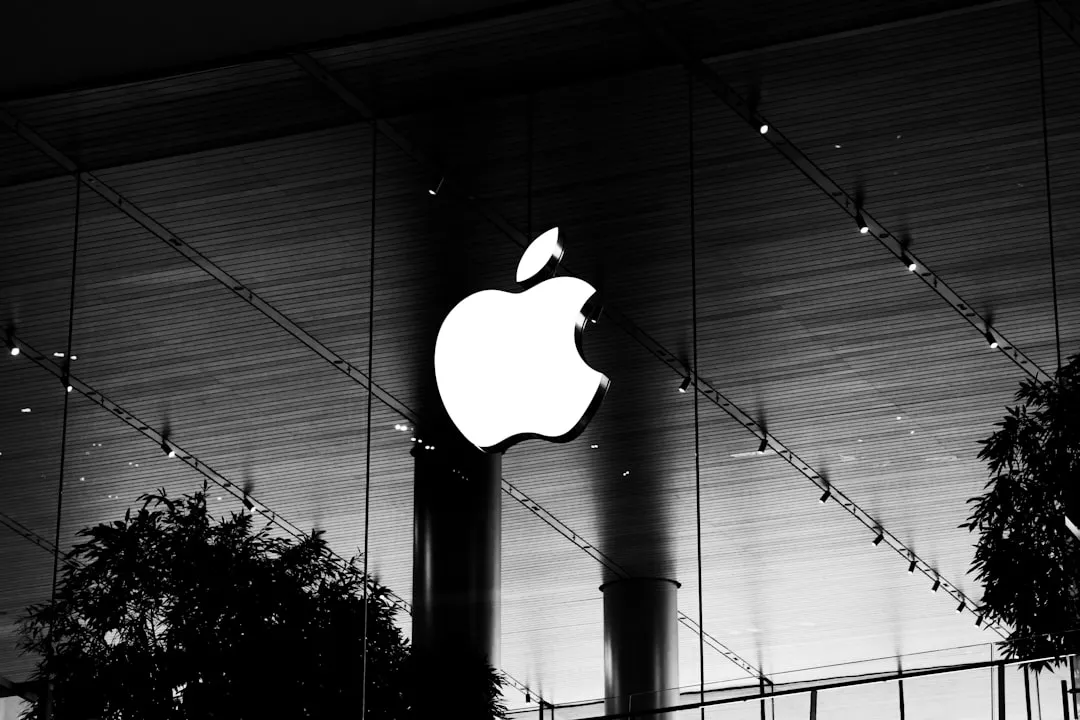


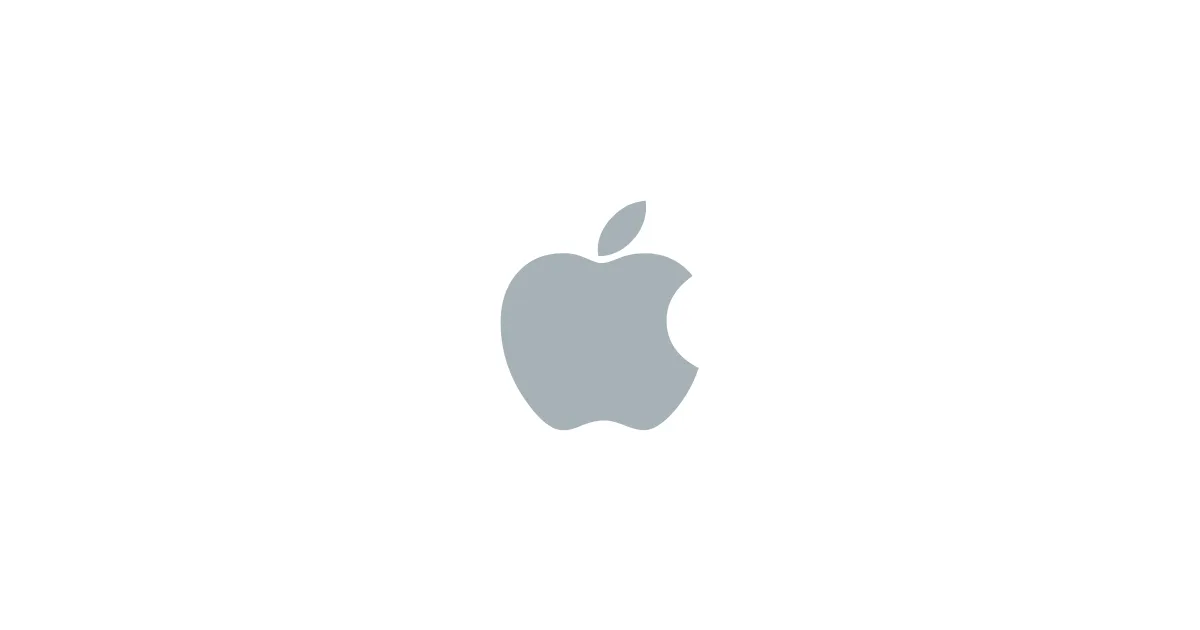
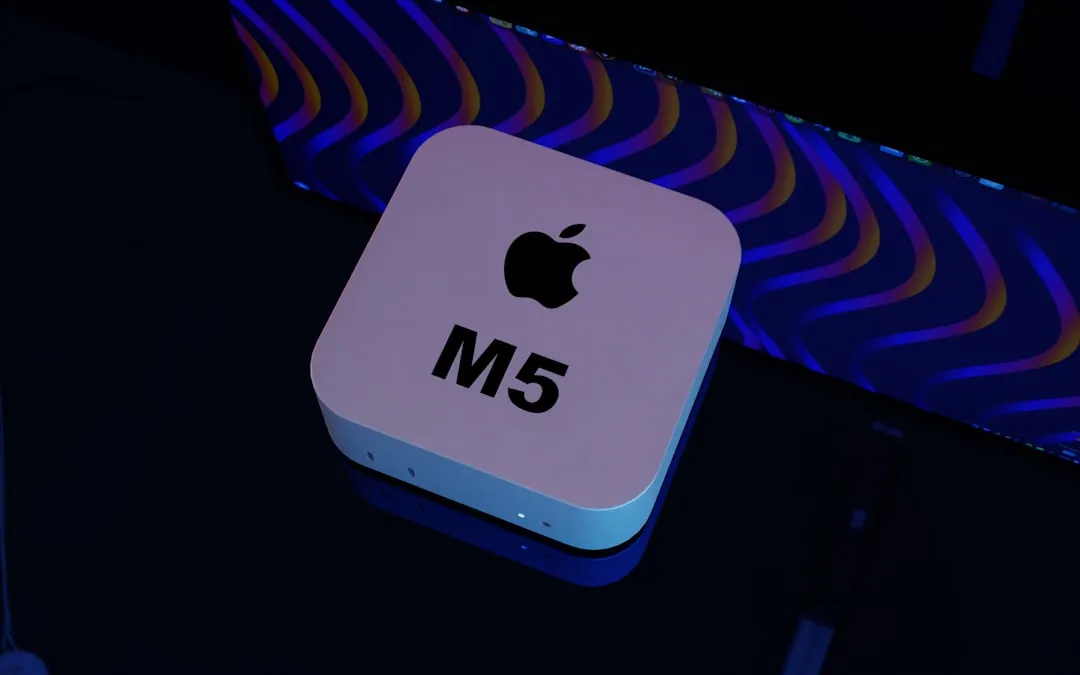
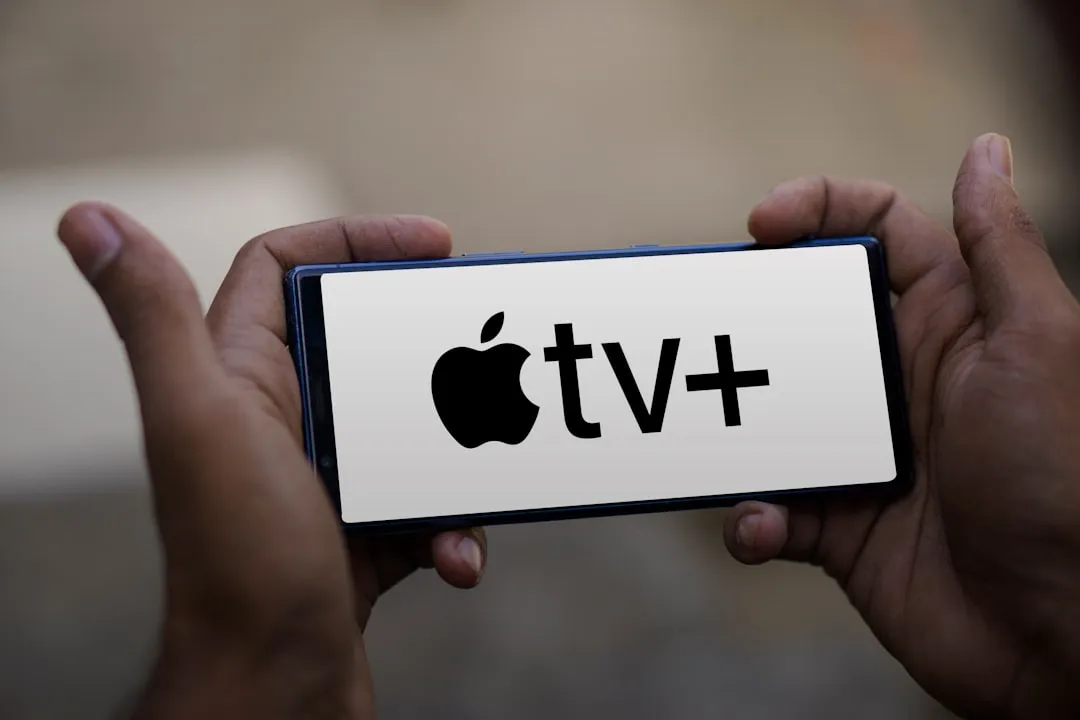

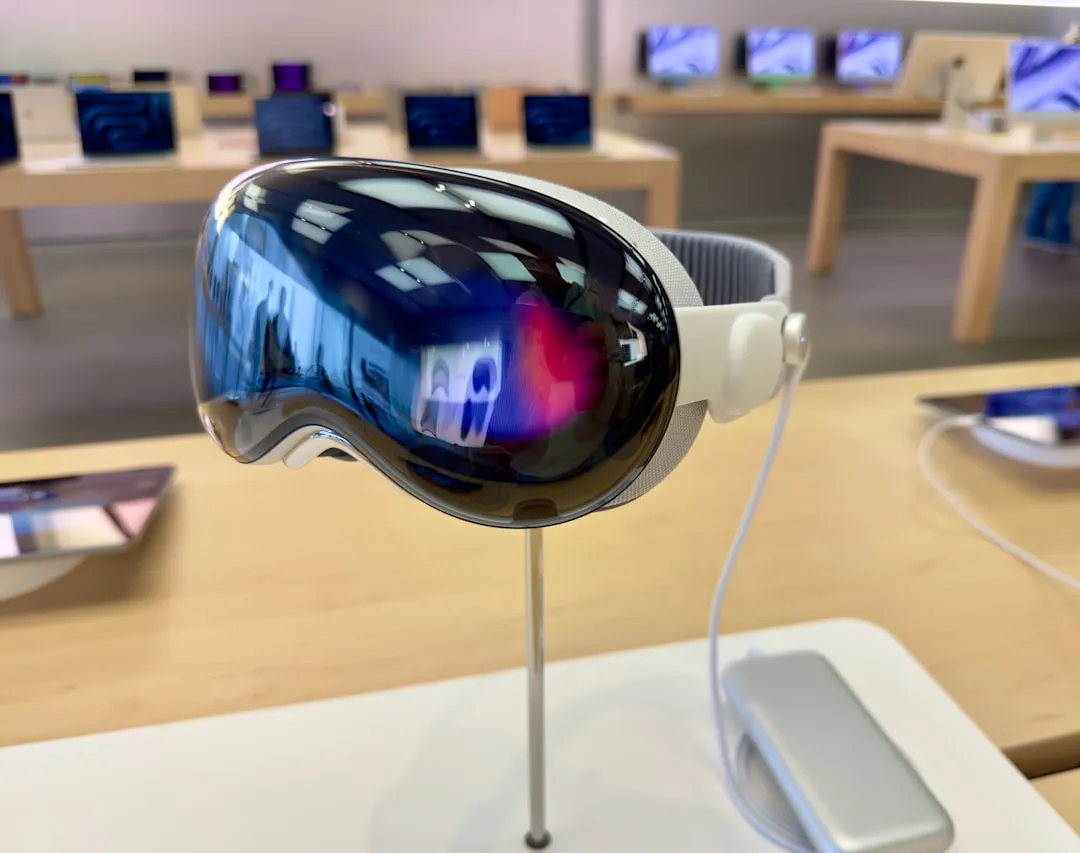
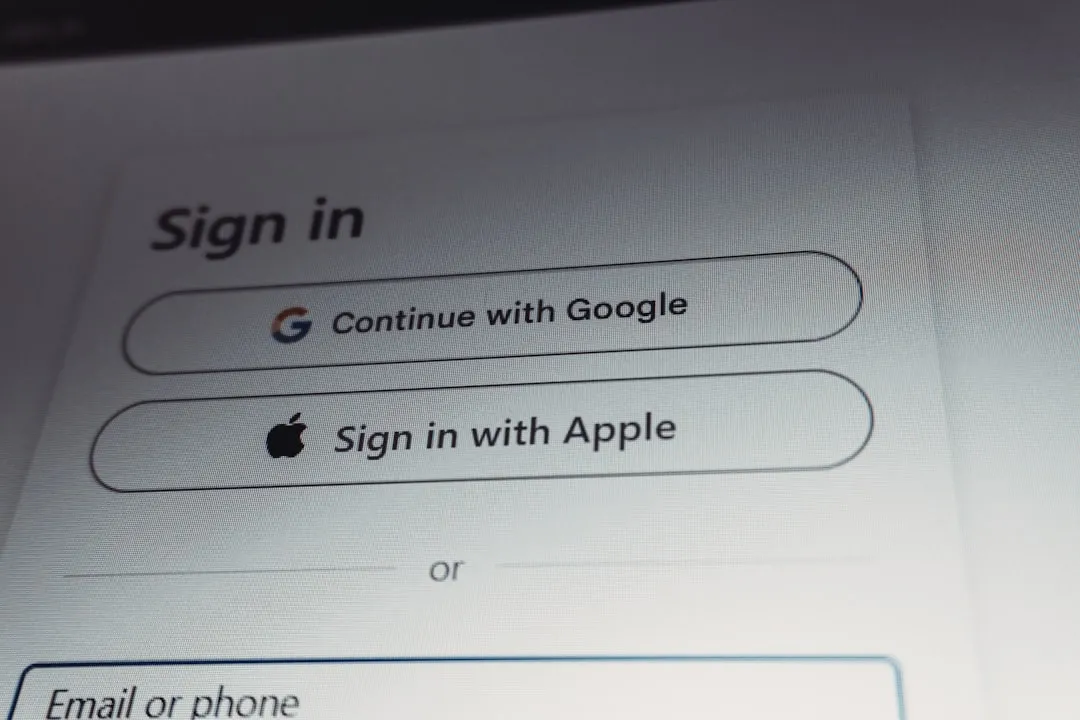


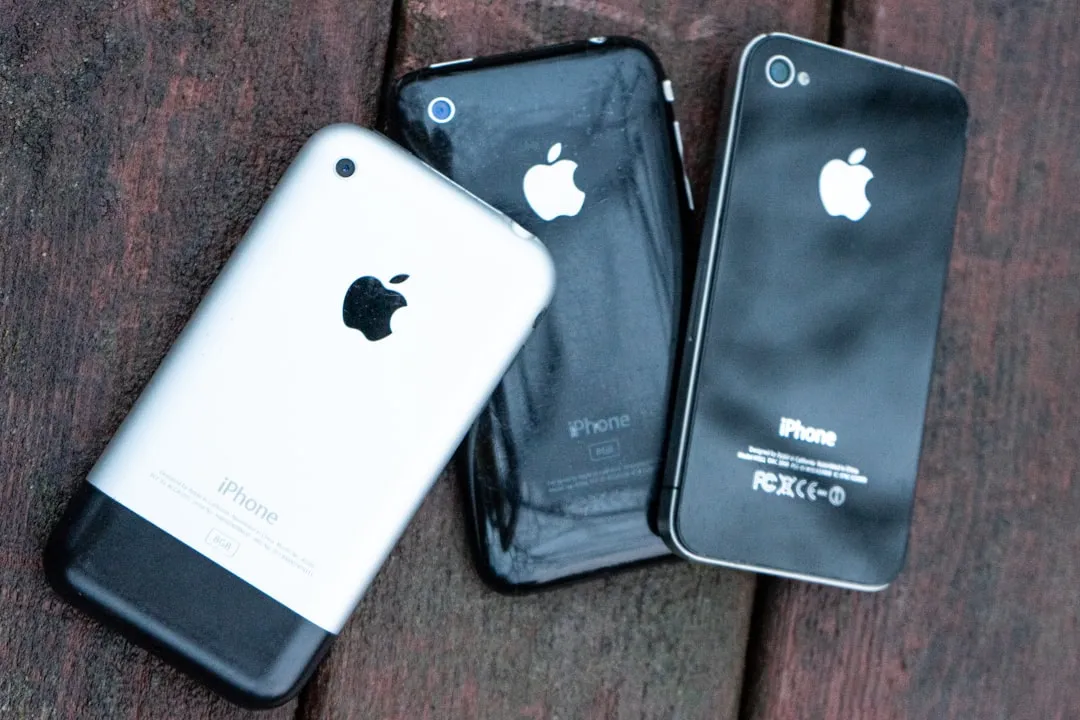


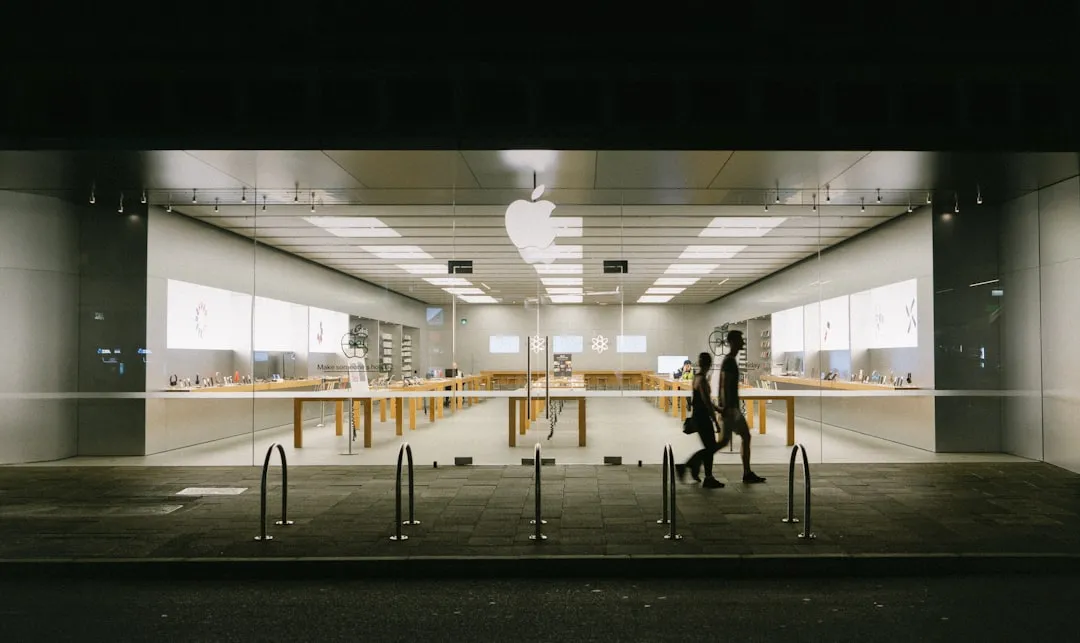
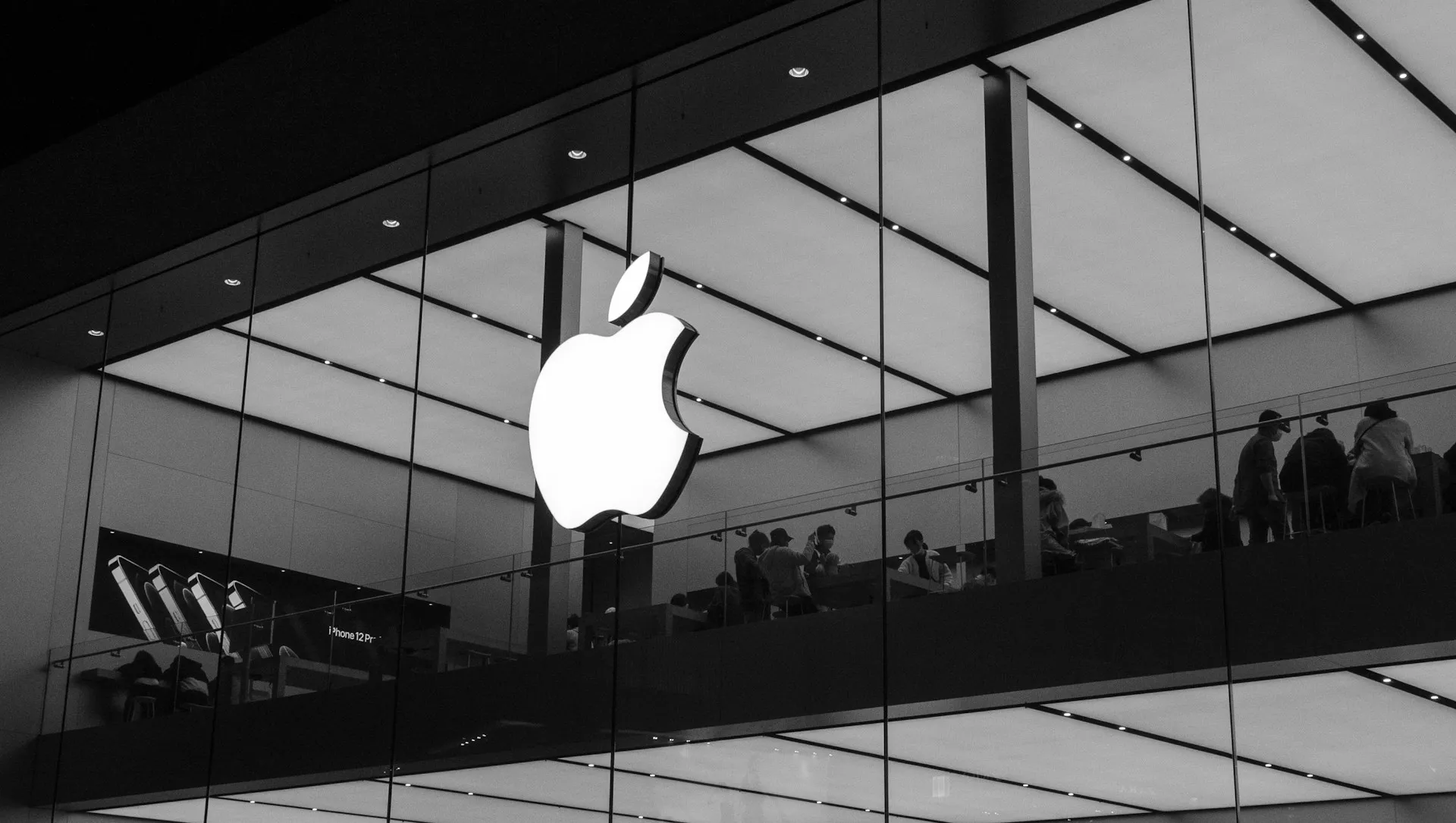
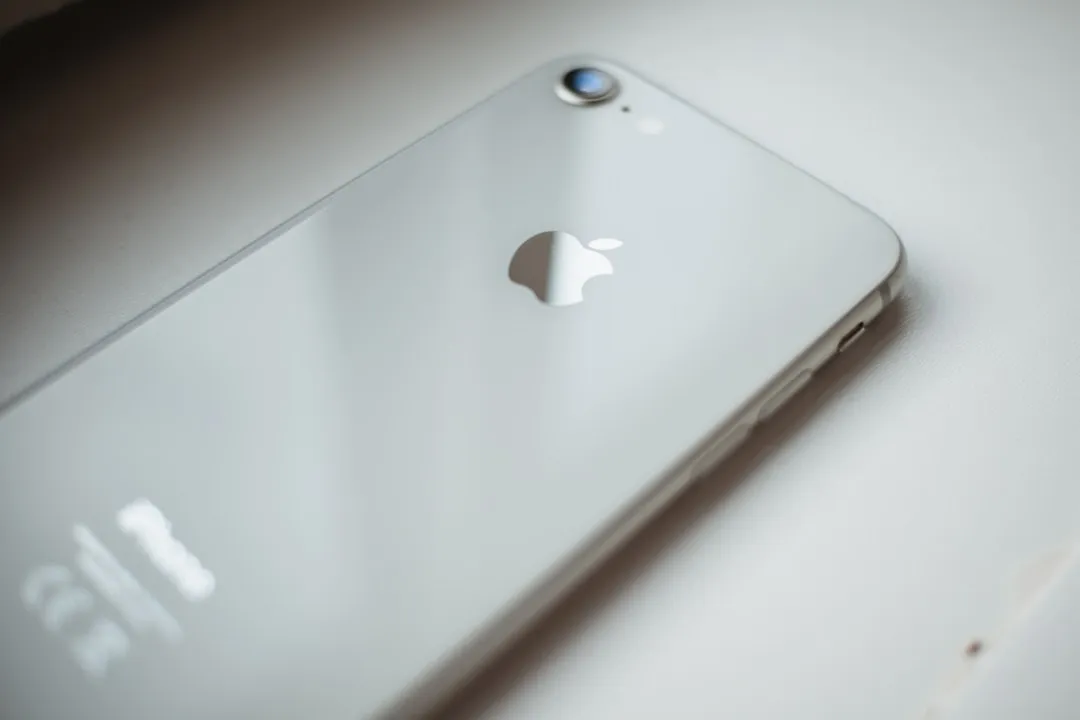


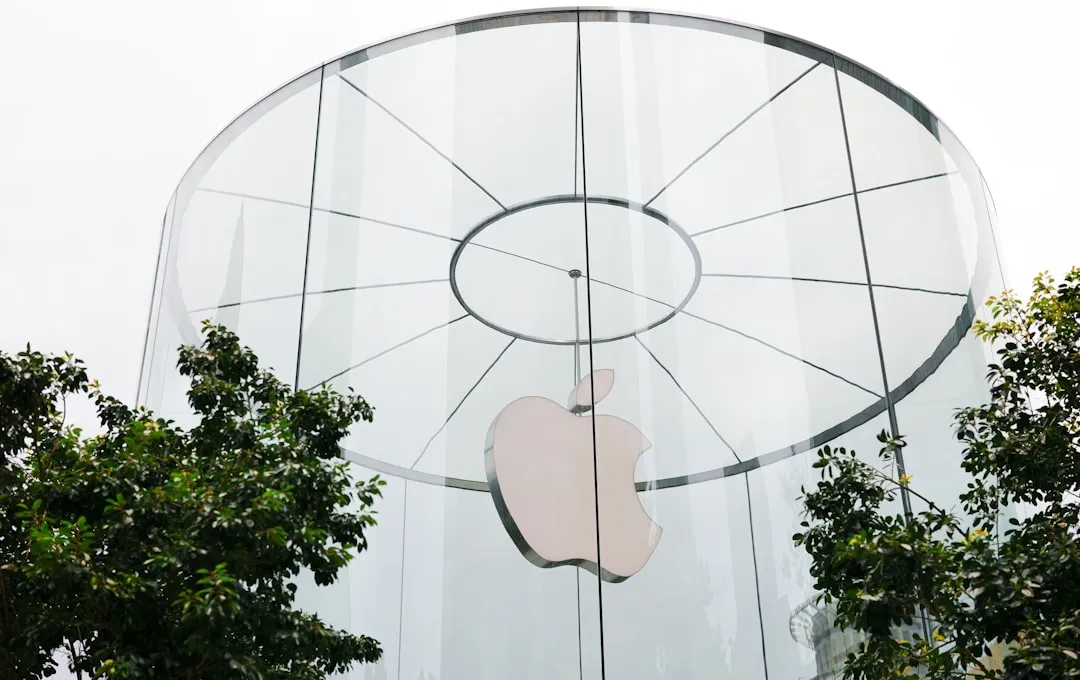

Comments
Be the first, drop a comment!